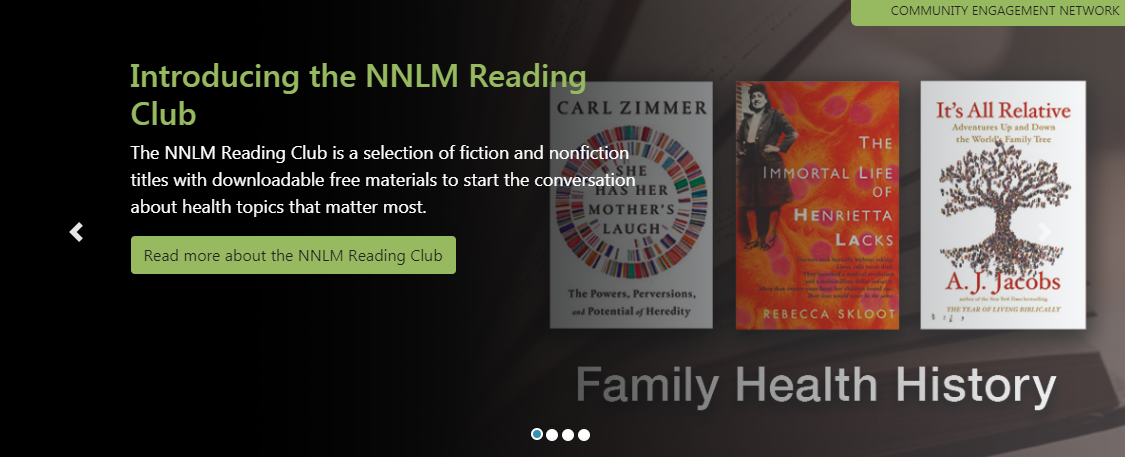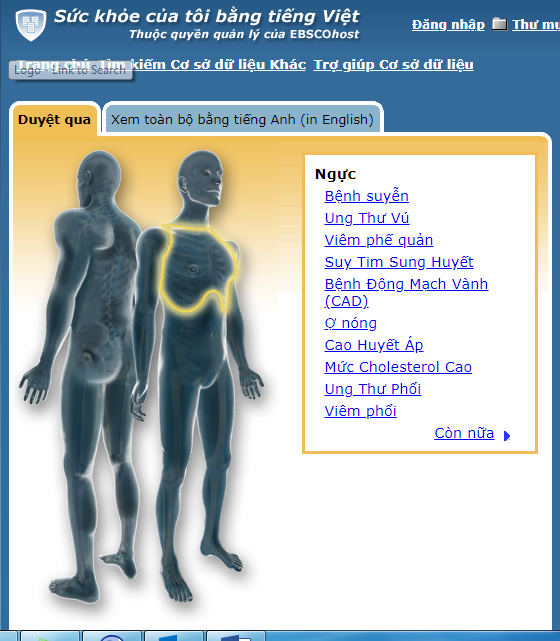Book clubs and reading groups are staples of library outreach and literacy efforts. In these groups, people gather to discuss Oprah’s picks or the New York Times’ best-sellers in an effort to socially engage with literature and current events.
To help grow health-related literacy, the National Network of Libraries of Medicine’s NNLM All of Us Community Engagement Network has announced the launch of the NNLM Reading Club. The goal is to support libraries’ health literacy efforts and address local communities’ health information needs by celebrating important National Health Observances through the fun and intimacy of a book club.
The NNLM Reading Club offers a selection of three different book titles along with corresponding free, ready-to-use materials designed to help promote and facilitate a book club discussion on a health issue or topic. It’s easy to download the discussion materials and direct patrons to the library’s book holdings. However, the NNLM is offering an added benefit.
Beginning Nov. 1, 2018, participating NNLM libraries are making the quarterly reading club picks available in a free, handy and portable book club kit. This program-in-a-box format includes eight copies of each of the following items: the selected book, discussion guide, MedlinePlus.gov flier, NIH MedlinePlus Magazine, NIH All of Us Research Program brochure and additional materials in support of the selected health topic. All of these materials are tucked inside a handy library book bag and shipped to the requesting library.
Any U.S. library that is an organizational member of the National Network of Libraries of Medicine is eligible to apply and to receive one NNLM Reading Club book kit from Nov. 1, 2018 through April 30, 2019. The good news is membership to the NNLM is free. Due to the limited supply of federally-sponsored NNLM Reading Club book kits, libraries that support outreach to vulnerable populations receive priority status.
Click here to browse the November selections and download the ready-to-use materials or to order an NNLM Book Club kit from a participating region.
This post was submitted by Professional Development Office Supervisor Kara Cleveland.


